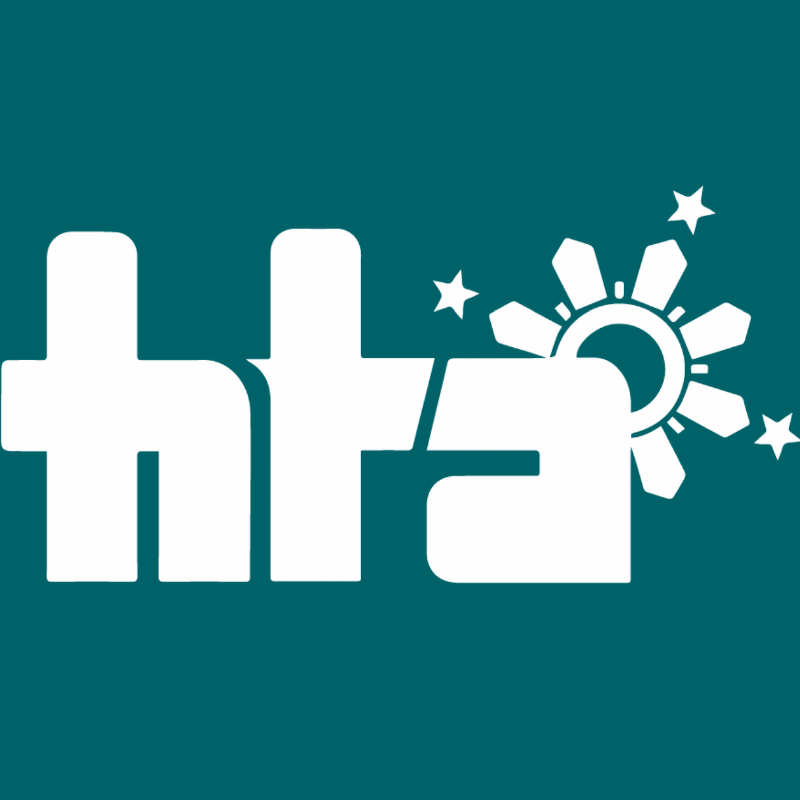Update as of 10 October 2024 : Since the public consultation and appeals period for the HTA Council Preliminary Recommendation on Citicoline for Ischemic Stroke ended on 09 October 2024 without appeals received, this preliminary HTA Council recommendation lapsed into the Final Recommendation and was transmitted to the Secretary of Health for decision.
Published 25 September 2024
As of 20 September 2024, the Health Technology Assessment (HTA) Council has completed the evidence appraisal on the assessment of Citicoline for Ischemic Stroke Patients for possible inclusion in the Philippine National Formulary (PNF). As such, the HTA Council hereby makes public its preliminary recommendation on the non-inclusion in the PNF and thus the non-government financing of citicoline, for stakeholder feedback/comments.
The HTA Council’s preliminary recommendation on the non-inclusion in the PNF and thus the non-government financing of citicoline was based on the following reasons:
- In terms of efficacy, citicoline as an add-on treatment to the standard stroke therapy (i.e. antihypertensives, osmotic diuretics, lipid-lowering agents, statins, and if necessary, aspirin or clopidogrel) was found to have no difference compared to placebo on top of the standard of care (SOC) for the all-cause mortality, degree of disability or dependence in daily activities (mRs), functional recovery (BI), neurological function (NIHSS), and quality of life outcomes. When compared to SOC alone, evidence was either inconclusive or showed that citicoline does not differ from SOC in terms of the same outcomes mentioned above.
- In terms of safety, there is no difference in the risk of experiencing central nervous system (CNS) severe adverse events and some non-severe adverse events (i.e., cardiac disorders, pyrexia, constipation, urinary tract infections, headache, nausea, and vomiting) between citicoline and placebo. Meanwhile, there is inconclusive evidence on the risk of other severe (cardiovascular AE, respiratory AE, gastrointestinal AE, musculoskeletal AE, hepatic dysfunction, renal and urologic disorders, and hematological disorders) and other non-severe adverse events (agitation, hemorrhagic transformation stroke, pneumonia and hypotension) between citicoline and placebo. Meanwhile, there is no evidence on safety comparing citicoline with SOC.
- Upon review of guidelines, citicoline is notably not recommended by the Stroke Society Philippines (2024) (CPG on the Management of Acute Ischemic Stroke and Intracerebral Hemorrhage in the Philippines, 2024) for patients with acute stroke due to its unclear clinical benefits and associated central nervous system (CNS) adverse events. It is not listed in the World Health Organization (WHO) Essential Medicines List (EML). Of the 13 international guidelines scoped (i.e., US, UK, Australia, Canada, Malaysia, Thailand, Colombia, Philippines, Vietnam, Laos, Cambodia, Nepal, and India), citicoline is not recommended in countries, such as Australia and Colombia. There are also no specific recommendations on the use of citicoline across other reviewed ministries of health, HTA Agencies and medical societies. Only the national CPG for Management of Stroke in Malaysia (2020) considers citicoline, but only as an alternative treatment, based on very limited evidence.
- Overall, citicoline has no clinically significant benefit as an add-on therapy to the SOC. Giving it as an add on therapy is not expected to produce net clinical benefit that will compensate for the additional cost that it will incur.
Supporting evidence and discussions that informed the recommendation of the HTA Council, as well as the advisory for this recommendation can be found below. All comments, inputs, and/or appeals on the above preliminary recommendation may be submitted until 09 October 2024 (Wednesday), for the consideration of the HTA Council, through email at hta@dost.gov.ph.
Please use the prescribed form for appeals indicated in the official HTA Philippines website [https://hta.dost.gov.ph/appeals-2/]. Appeals not following the prescribed format, and those submitted beyond the deadline shall not be entertained.
Should you have any questions or concerns regarding the preliminary recommendation, please do not hesitate to contact us through the same email address or via telephone call via (02) 8651-7800 local 2410.
